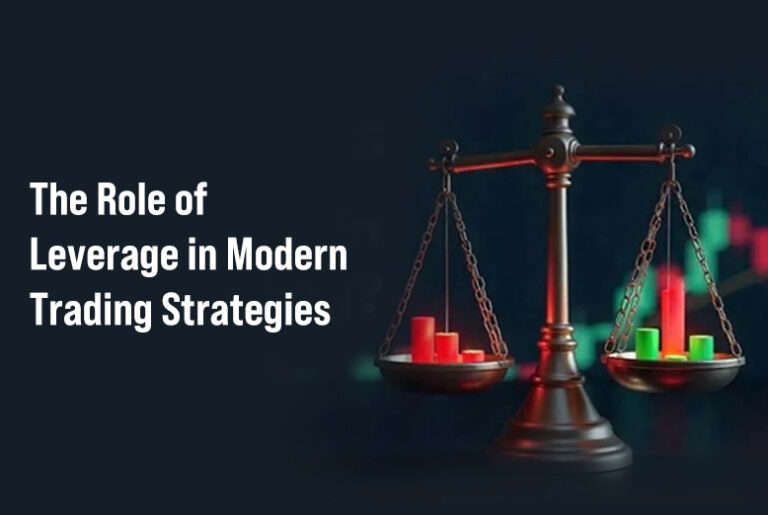Trading in financial markets has attracted increasing interest, with many individuals exploring opportunities in stocks, commodities, and particularly in forex trading. As accessibility has grown through online platforms, so too has the volume of traders looking to generate returns through short-term or intraday strategies. However, while trading offers potential rewards, it also often brings with it a significant amount of stress.
For many traders, stress comes not just from financial risk but also from information overload, rapid price movements, and emotional decision-making. This article outlines practical steps to reduce stress in your trading journey, whether you are involved in equity markets or forex trading. With a structured approach and proper mindset, it is possible to manage your trades more calmly and confidently.
Understanding why trading feels stressful
Before discussing solutions, it is important to understand the reasons why many traders experience stress. These include:
- Constant price monitoring: Watching live charts throughout the day can be mentally exhausting.
- Fear of loss: Concerns over losing money can create pressure and reduce decision-making quality.
- Unclear strategy: Without a clear plan, trades are often made impulsively.
- Unrealistic expectations: Expecting large or quick profits can lead to disappointment and frustration.
- Overtrading: Placing too many trades in a short time may increase emotional fatigue.
In forex trading, these challenges may be heightened due to high leverage, continuous market hours, and global news impact. Traders can be tempted to react to every price movement, resulting in inconsistent outcomes and increased stress levels.
Building a stress-free trading routine
A well-defined routine can help remove uncertainty and promote consistent decision-making. Whether you are new to trading or refining your current approach, the following steps may support a smoother experience.
1. Create a clear trading plan
Your trading plan should include details such as your entry and exit criteria, risk limits, preferred markets (such as currency pairs in forex trading), and daily trading times. This plan serves as a guideline and may help reduce impulsive decisions.
For example, a trader focused on EUR/USD might plan to trade during the London session, use technical indicators like the Moving Average and RSI, and risk no more than 1% of their capital per trade.
2. Set realistic expectations
Expecting daily profits or quick returns can lead to disappointment. Markets are unpredictable, and even experienced traders face losses. Setting realistic goals—such as aiming for consistency rather than perfection—can reduce pressure.
3. Manage your risk effectively
Risk management is crucial in maintaining emotional balance. Consider the following techniques:
- Limit your capital exposure per trade (for example, Rs. 1,000 or 1% of your account)
- Use stop-loss orders to define your maximum acceptable loss
- Avoid averaging down losing positions
- Do not overleverage, especially in forex trading where leverage is common
4. Reduce screen time
Spending extended hours in front of the trading screen may increase stress and lead to overtrading. Instead, choose specific times to analyse the market and make decisions. Many traders find that trading during defined sessions, such as the first hour after market open, is sufficient.
5. Maintain a trading journal
A journal can help you track your performance and emotions. Recording each trade along with the reasons for entering, the outcome, and how you felt at the time may reveal patterns over time. This habit encourages learning and helps improve discipline.
Choosing your trading style
Your trading style should align with your personality, risk tolerance, and time availability. Different approaches carry different levels of intensity:
| Trading Style | Duration of Trade | Suitable for |
| Scalping | Seconds to minutes | Traders with time and quick focus |
| Intraday trading | Within the same day | Those comfortable with short moves |
| Swing trading | Days to weeks | Traders with limited screen time |
| Position trading | Weeks to months | Long-term market participants |
In forex trading, for instance, scalpers often take multiple trades during a session, while swing traders may hold positions over several days based on technical or fundamental analysis.
Practising emotional discipline
A calm state of mind is vital in trading. Emotional discipline involves the ability to follow your plan even during unfavourable market movements. Consider these practices:
- Take regular breaks between trades
- Avoid reacting to every price movement
- Use breathing techniques or short walks to reset your focus
- Accept losses as part of the process
It may also help to view trading as a long-term journey rather than a daily performance test.
Supporting your trading environment
Your physical environment also influences your trading performance. Ensure your workspace is:
- Clean and clutter-free
- Equipped with a reliable internet connection
- Free from frequent distractions
Maintaining a healthy routine that includes sufficient sleep, a balanced diet, and regular physical activity can further improve focus and emotional control.
Automation and alerts
Technology can help reduce decision-making stress. You may consider using:
- Trading alerts to notify when price reaches your planned entry
- Automated trading systems to execute predefined strategies
- Risk management tools to automatically adjust position size
In forex trading, many platforms offer Expert Advisors (EAs) or algorithmic trading tools that allow pre-programmed execution.
Conclusion
Trading in the financial markets involves uncertainty, but it does not have to be a source of constant stress. With a clear routine, risk management practices, and emotional discipline, you can approach trading with greater clarity and control.
Whether you are trading in equity markets or exploring forex trading, the key is to stay focused on your plan, continuously learn from your experiences, and make informed decisions at your own pace. While markets offer opportunities, each individual must evaluate them based on their own risk profile and trading style.
Also Read: Is AI the Missing Link in Crypto Trading Strategies?







